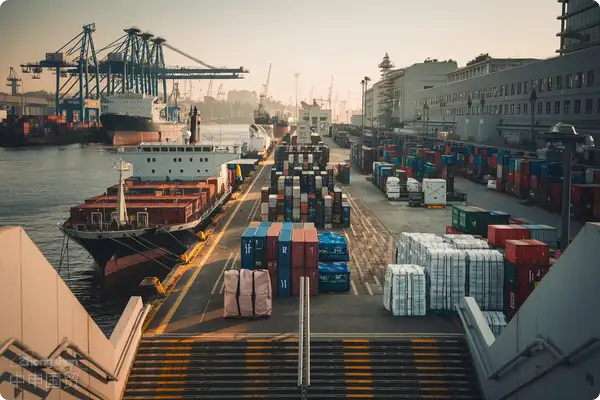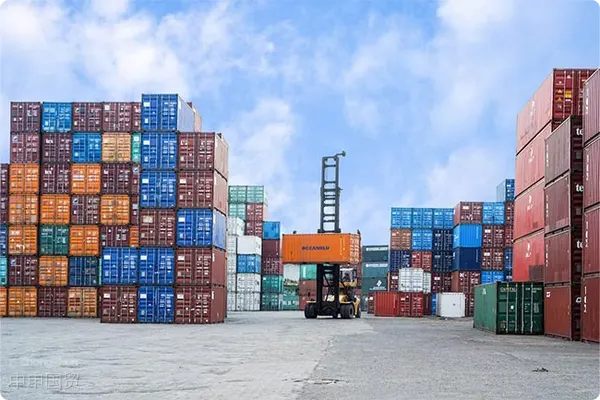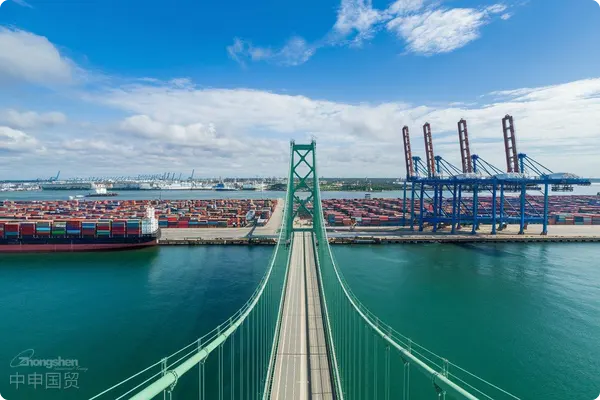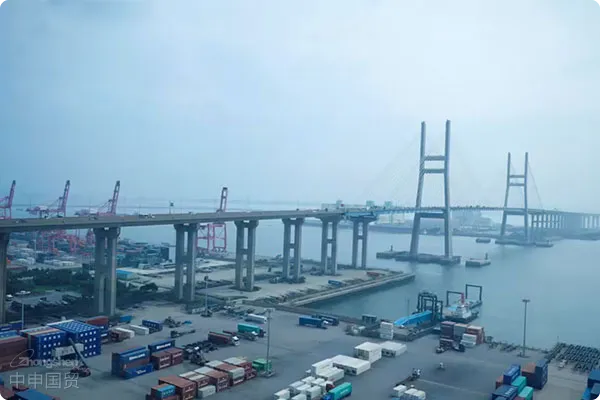- Shanghai Zhongshen International Trade Co., Ltd. - Two decades of trade agency expertise.
- Service Hotline: 139 1787 2118
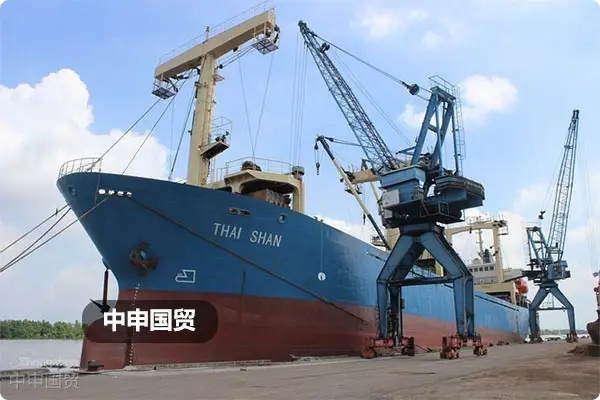
service expert with 20 years of industry experience, this article will systematically analyze the core points of clothingExport DrawbackAgency services are an important choice for many enterprises to simplify tax rebate procedures and improve efficiency. However, their fee standards are influenced by multiple factors, including service scope, cargo type, and rebate amount. Understandingimport and exporttax rebate agency fee standards is crucial for enterprises to reasonably select agency services and control costs.
I. Factors affecting import-export tax rebate agency fee standards
Service Scope
– Basic services vs. value-added services: The fees for import-export tax rebate agencies primarily depend on the service scope. Basic tax rebate agency services typically include organizing customs declarations, preparing and submitting rebate documents. This part of the fee is relatively fixed, but if enterprises require additional value-added services such as tax rebate policy consultation or customs communication coordination, agencies will charge extra fees based on the complexity and workload of these services. For example, for enterprises dealing with special goods that require frequent communication and explanation with customs, agencies will increase fees due to the additional human and time costs involved.
– One - stop service: Some agencies provide one-stop import-export services covering the entire process from trade contract signing to cargo transportation and tax rebate processing. The fee standards for such comprehensive services are higher than those for pure tax rebate agency services because they integrate resources and operations across multiple stages, saving enterprises significant time and effort, but enterprises also need to pay more for these services.
Type of goods
– Ordinary goods vs. special goods: Cargo type significantly impacts import-export tax rebate agency fees. The tax rebate process for ordinary goods is relatively simple, with conventional customs declaration and rebate procedures, resulting in lower agency fees. Special goods, such as hazardous chemicals or high-tech products, require more professional knowledge and effort from agencies due to their special regulatory requirements, complex customs procedures, and potential additional inspection and quarantine processes. For example, the import-export of hazardous chemicals must strictly comply with safety regulations, requiring agencies to ensure all relevant documents and procedures meet requirements when handling tax rebates for such goods, which undoubtedly increases service costs and leads to higher fees.
– High-value goods vs. low-value goods: The value of goods is another influencing factor. High-value goods typically involve larger tax rebate amounts and greater risks and responsibilities. Agencies need to be more meticulous and cautious when handling tax rebates for high-value goods, conducting stricter document reviews and risk management. Therefore, for tax rebate agency services for high-value goods, fees may be proportionally higher than those for low-value goods, or different fee tiers may be set based on their value.
Tax rebate amount
– Percentage-based fees: Some agencies charge fees based on a certain percentage of the tax rebate amount. This fee model is directly linked to the final tax rebate amount received by the enterprise. Typically, the higher the rebate amount, the higher the fee charged by the agency. For example, an agency might charge a certain percentage (e.g., 5% - 10%) of the rebate amount as a service fee. While this approach directly correlates costs with benefits for enterprises, its important to ensure the percentage is reasonable to avoid excessive fees.
– Tiered pricing: Another common approach is tiered fee standards. Different fee standards are set based on different ranges of the tax rebate amount. For example, for rebate amounts below 100,000 yuan, a fixed fee plus a lower percentage might be charged; for amounts between 100,000 - 500,000 yuan, the percentage might slightly increase; and for amounts exceeding 500,000 yuan, the percentage might be adjusted based on specific circumstances. This approach to some extent accommodates the needs of enterprises of different sizes, being more friendly to those with smaller rebate amounts while also reflecting the value of agency services as the rebate amount increases.
The General Range of Import and Export Tax Refund Agency Fees in the Market
In the market, the fees for import and export tax refund agency services vary significantly. For basic export tax refund agency services, small businesses dealing with ordinary goods and small refund amounts may incur monthly fees ranging from approximately ¥1,000 to ¥3,000. For medium-sized enterprises handling more complex goods and moderate refund amounts, fees typically range between ¥3,000 and ¥10,000 per month. For large corporations or businesses involving special goods, high-value items, or substantial refund amounts, agency fees may exceed ¥10,000 per month or even higher, with specific costs determined based on actual service requirements and negotiations.
Conclusion
The pricing structure for import and export tax refund agency services is complex and influenced by multiple factors. When selecting such services, enterprises should thoroughly understand these influencing factors, weigh the fee structures and service quality of different agencies based on their business characteristics and needs, and choose the most suitable agency service to ensure smooth tax refund processing while maintaining cost control.
Related Recommendations
? 2025. All Rights Reserved. 滬ICP備2023007705號-2  PSB Record: Shanghai No.31011502009912
PSB Record: Shanghai No.31011502009912
